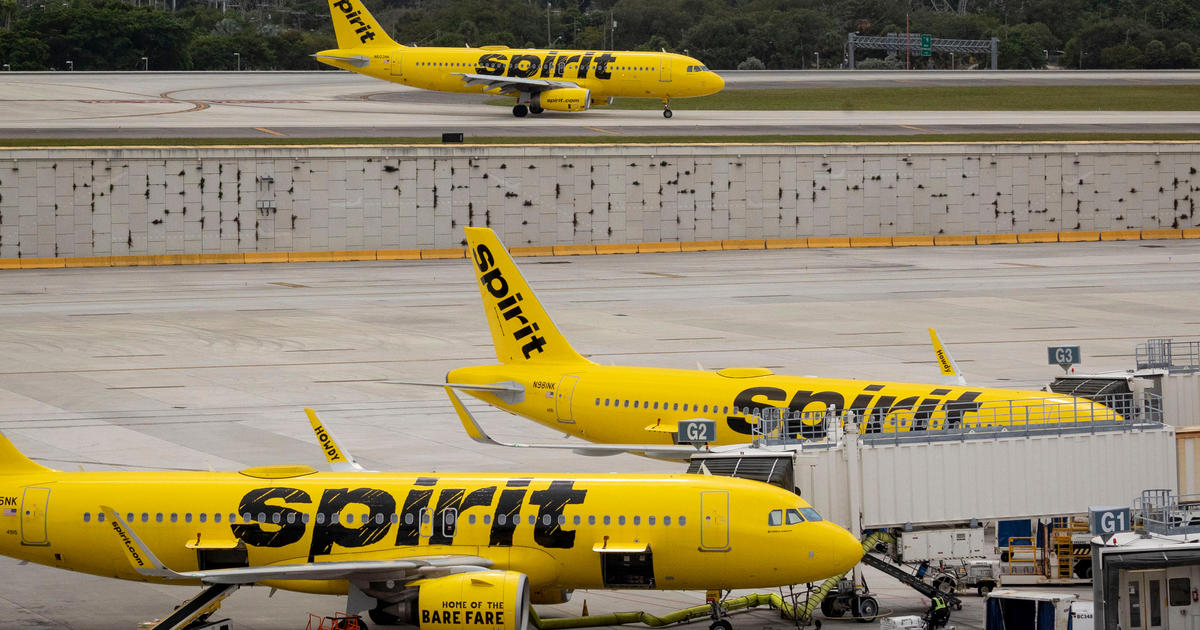President Of Largest Flight Attendant Union Wants FAA To Ban E-Cigs Over Battery Fire Concerns
MIAMI (CBSMiami) – The president of the largest flight attendant union wants the FAA to ban e-cigarettes from planes because their batteries could be a fire hazard.
FAA data from 1991 through this August shows at least 48 e-cigarette related smoke or fire incidents at airports or on planes. That's more incidents than laptops and tablets, cellphones, battery chargers or spare batteries.
A FAA test video shows why lithium ion batteries have been banned in check luggage. If a battery fails and enters what's called thermal runway, it can burn so hot the plane's fire suppression system can't put it out.
A lithium ion battery fire on a plane can be catastrophic.
Sara Nelson, president of the Association of Flight Attendants, said flight attendants have become firefighters on planes, and the FAA needs to do more.
"How bout we just not have these e-cigarettes on a plane at all," she said.
But Mark Millam with the Flight Safety Foundation said while batteries from e-cigarettes are a great concern on planes, more information is needed before an outright ban makes sense.
"A ban could happen when there is the right information that's understood about it," he said.
In a statement, the FAA told CBS News it has "clear regulations" on the safe transport of lithium ion batteries, e-cigarettes, vape pens and spare batteries must be transported in carry-on bags, adding "because of the wide variety of battery issues that can occur, it is important that airlines have the flexibility to assess and address the risks involved in each individual situation."
The inventors of the lithium battery were just awarded the Nobel Prize in chemistry.
Flight attendants are trained to handle battery fires. Many planes have fire resistant bags that can hold a smoldering or flaming device.



